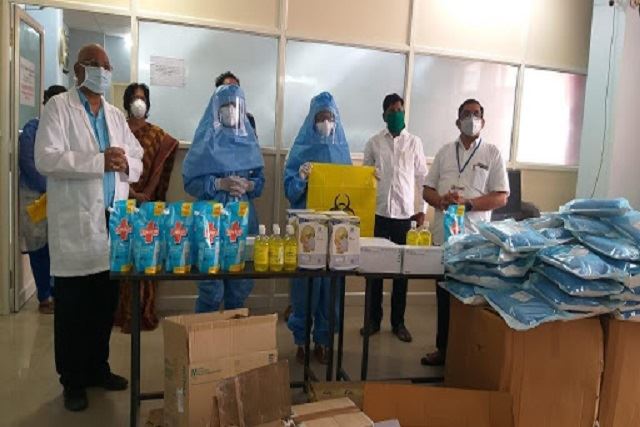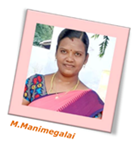Preventive Health |
| Introduction Preventive care is an approach to healthcare that focuses on maintaining wellness and good health rather than treating illnesses when they occur. Preventive care is not only the most cost-effective approach to healthcare, but it is also designed to prevent or delay illnesses and diseases, which in turn increases life expectancy. Preventive measures decrease disease incidence and reduce the strain on limited healthcare resources. Treating even one child with a serious condition incurs significant expenses. Limited health care resources are then diverted from multiple other children who could benefit with less expense. Thus, our goal is to prevent illnesses from becoming serious through education, awareness, and preventive measures. Taking a preventive care approach to healthcare enables us to efficiently use resources and maximize the number of children we are able to help. |
Challenge
| Solution Ekam’s goal is to maximize the number of lives saved or treated, with a cost-effective and lasting approach to bring a change in the entire community’s health and wellbeing. Multiple interventions are done by Ekam towards this goal.
Trained Ekam staff:
|
Impact Stories from the Field |
Preventive Care
Emergency Resources
Screening Programs
Youth Volunteer Program
Vaccination
|
Success Stories
|
Album |



